Place your adverts here on InfoDig @ low rates; banner ads, sponsored links and guest articles etc. Contact us
In Jan Gefe, a rural community in Kano State’s Ghari Local Government Area, health workers and residents are raising concerns about the dire lack of essential medical resources for pregnant women, urging the government to boost support for antenatal care services.

One of the residents, Mariya, who is a pregnant woman and attends antenatal at the Jan Gefe Health Post, faces challenges including travelling 5–9 to kilometers to neighboring Shuwaki and Ghari PHC for childbirth services, and limited access to free medications due to the health post’s non-BHCPF status. “I want the government to help pregnant women [with better maternal services] just like how they help children, with free vaccines,” she said.
Contrary to the minimum standard requiring health posts to serve 500 people, fenced, and equipped with basic medical equipment and drugs, Jan Gefe health post struggles to meet the needs of over 2,500 individuals from Jan Gefe, Sharifawa, Dabawa, Ilawa, and surrounding communities.
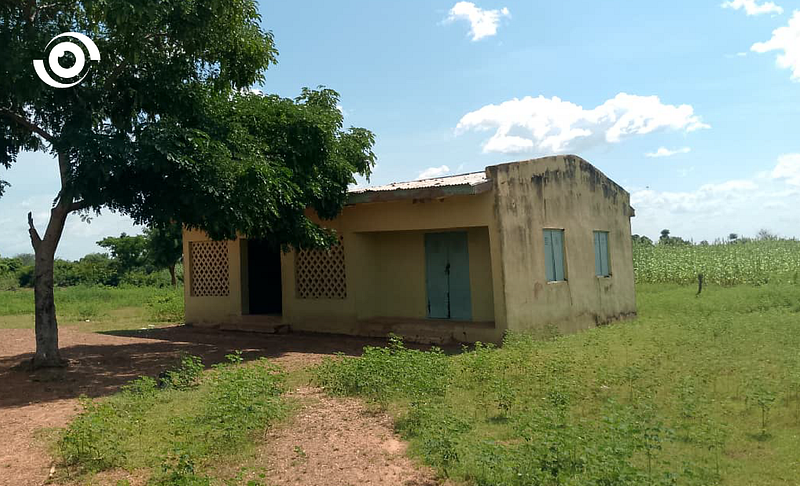 Jan Gefe Health Post as seen is without a perimeter fence to protect the facility.
Jan Gefe Health Post as seen is without a perimeter fence to protect the facility. Image credit: Nigeria Health Watch
Umma-Aimana Ibrahim, the head of the antenatal and family planning unit at Jan Gefe Health Post, highlighted the importance of providing incentives like mosquito nets and subsidised drugs to encourage more women to attend antenatal appointments. She further explained that, “the women are more aware of the importance of family planning, so they come more often now. But when they come, we tell them to wait until next time because the commodity is not available due to stockout. This discourages them from coming back to assess these services. For instance, since last month we did not have any and they have been coming in to ask.” In addition to supplies, she urged the government to provide more benches for pregnant women to sit on while waiting for services.
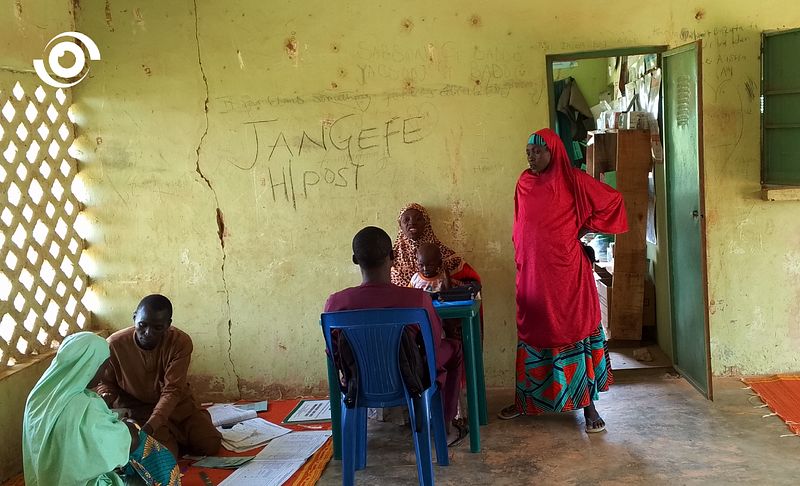 Caregivers were observed sitting on the floor due to lack of chairs while receiving immunisation services, while others were standing and waiting for their turn to see the health provider. Image credit: Nigeria Health Watch
Caregivers were observed sitting on the floor due to lack of chairs while receiving immunisation services, while others were standing and waiting for their turn to see the health provider. Image credit: Nigeria Health WatchAisha, a traditional birth attendant who support the health post in mobilising women to bring their children for routine immunisations at the health post, supported the call for benches or chairs where women could sit when they come to assess services at the facility. Chairs in hospital waiting areas play a vital role in ensuring a comfortable and supportive environment for patients and caregivers. They provide comfort, accessibility, and reduce fatigue, anxiety, and stress.
The patients and health workers call for stock ups of essential commodities, provision of chairs and benches for patients, and a protective fence, are crucial to boosting efficient, equitable, and high-quality health services, especially to women accessing antenatal care and immunisation services at the facility as outlined in the second pillar of the Nigeria Health Sector Renewal plan for 2023 to 2026.
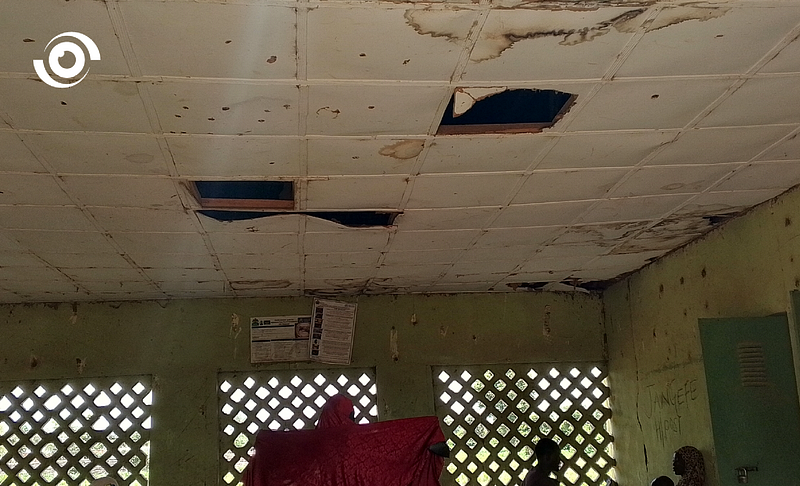 Dilapidated roof at Jan Gefe PHC in need of urgent attention. Image credit: Nigeria Health Watch
Dilapidated roof at Jan Gefe PHC in need of urgent attention. Image credit: Nigeria Health WatchThe community is urging the government and relevant stakeholders to:
1. Upgrade the health post to a level 2 primary healthcare centre to provide essential maternal health services for pregnant women seeking to give birth but are being currently referred to distant facility. (This is in line with the government’s plan to ensure at least one level 2 PHC per political ward.)
2. Ensure that caregivers have access to an adequate supply of mosquito nets and family planning resources.
3. Provide the health post with benches or chairs.



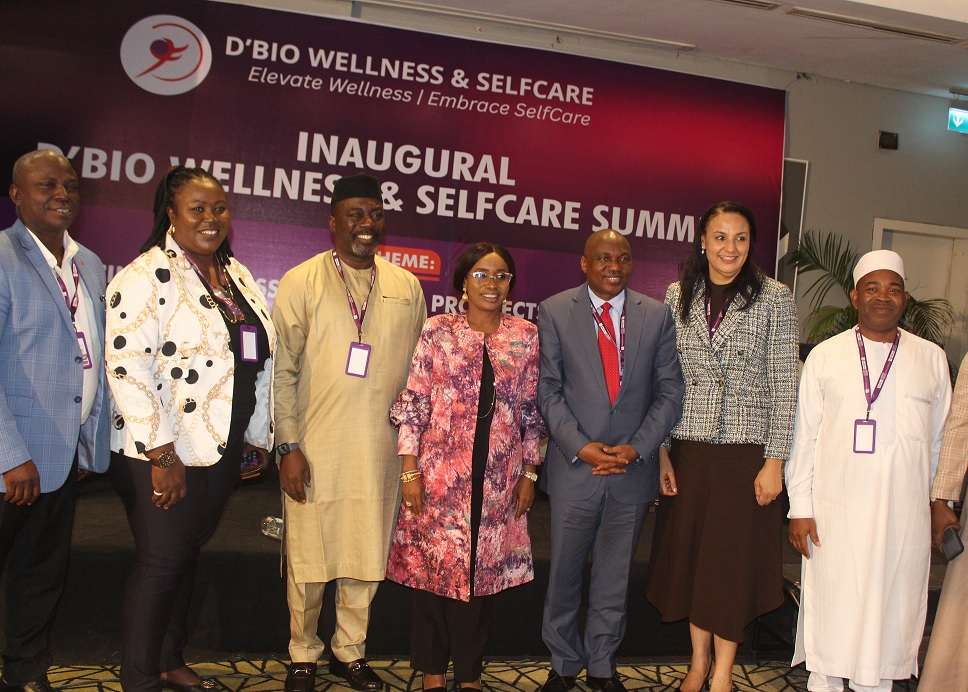

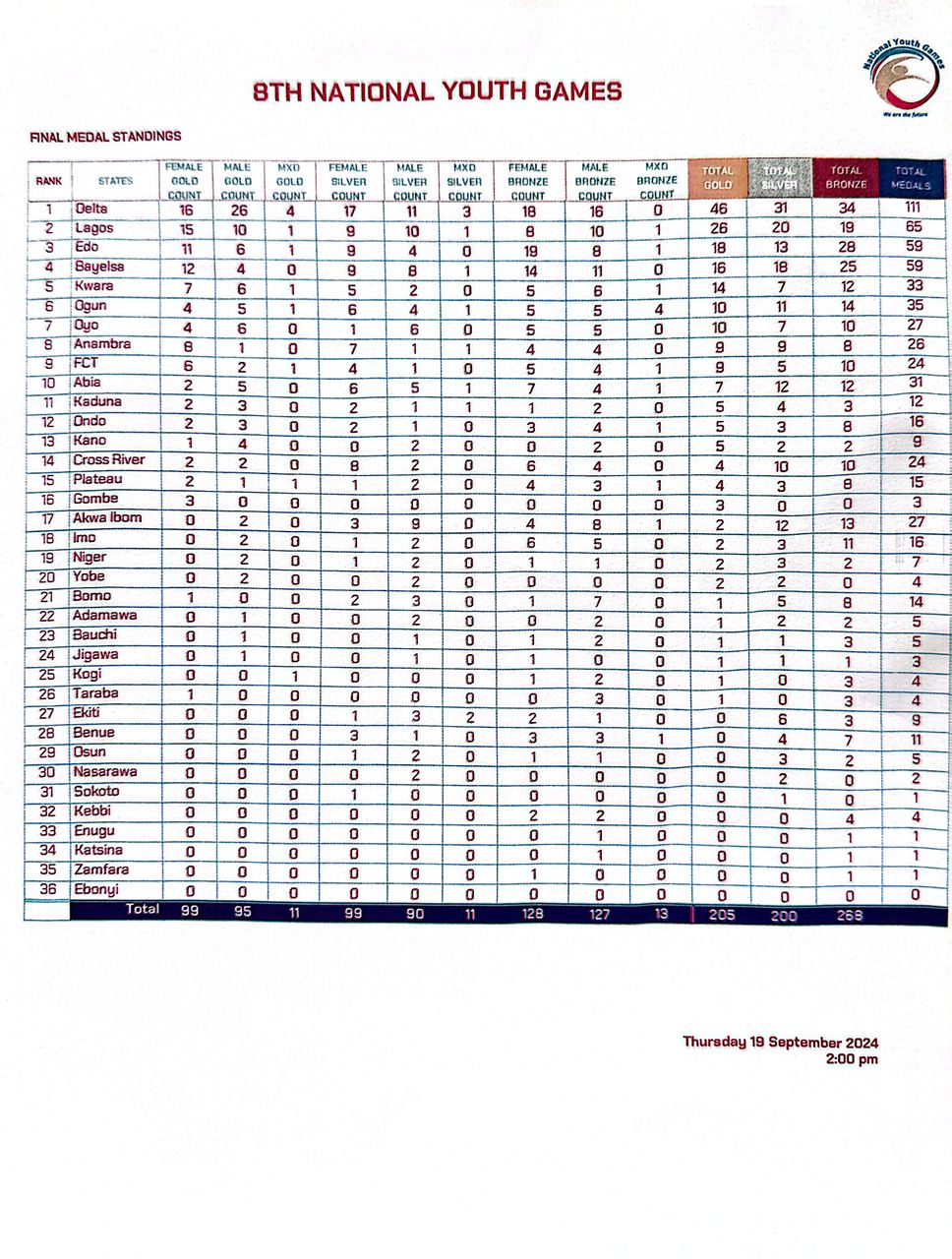

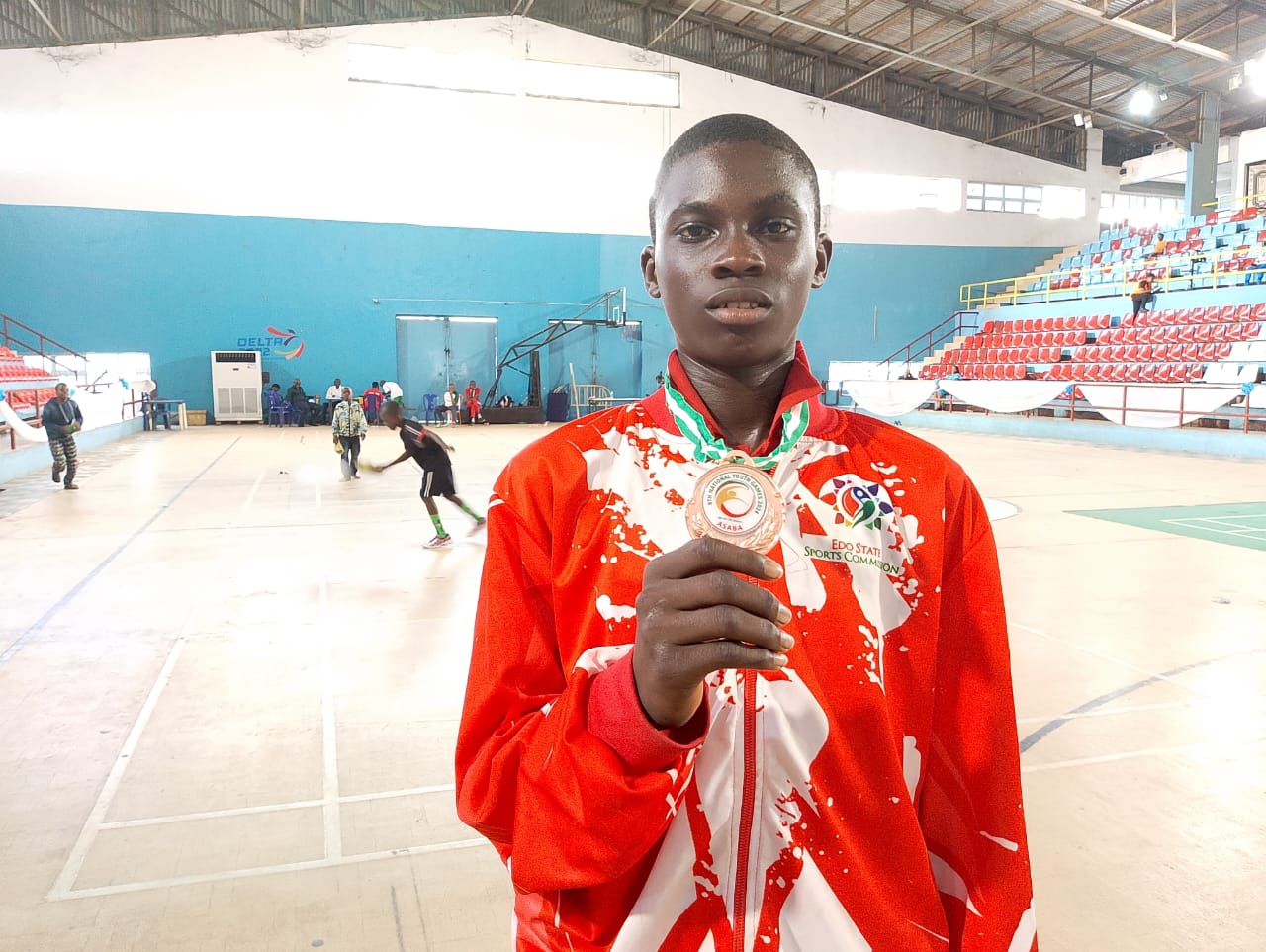



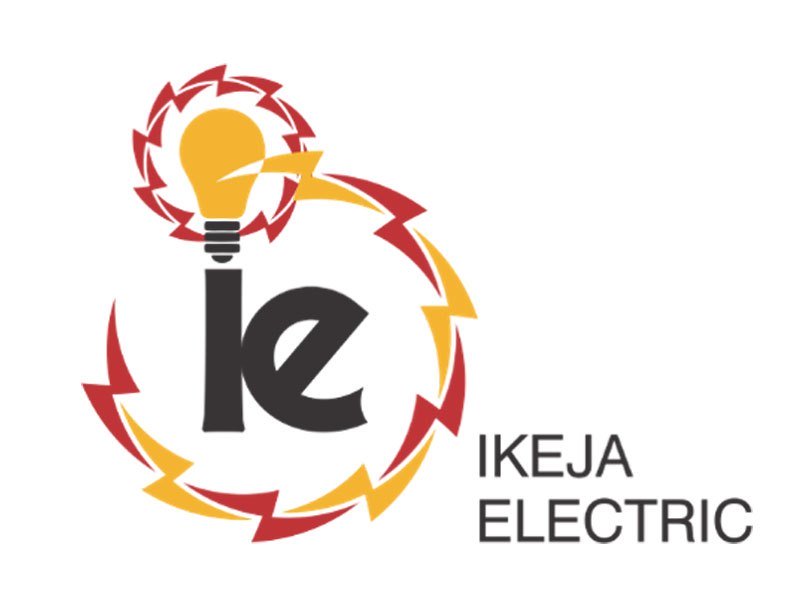



 English (US) ·
English (US) ·